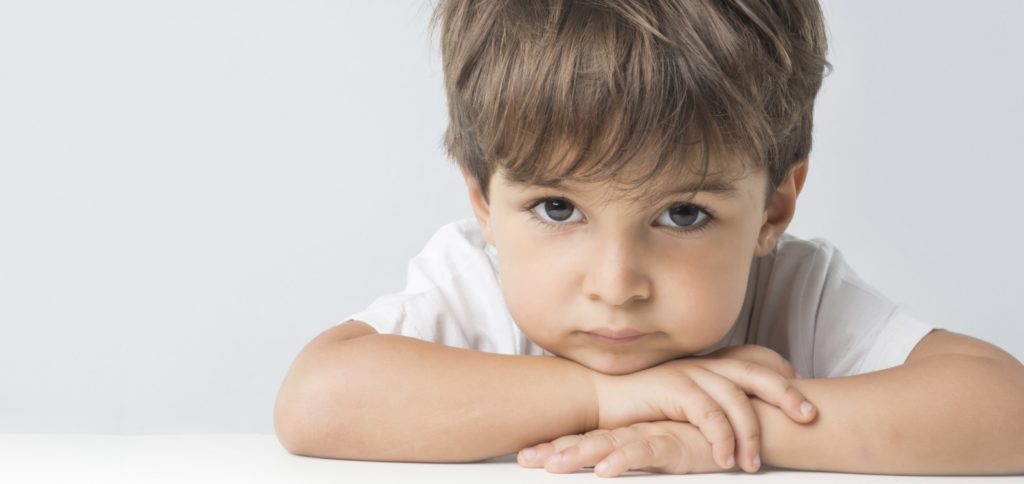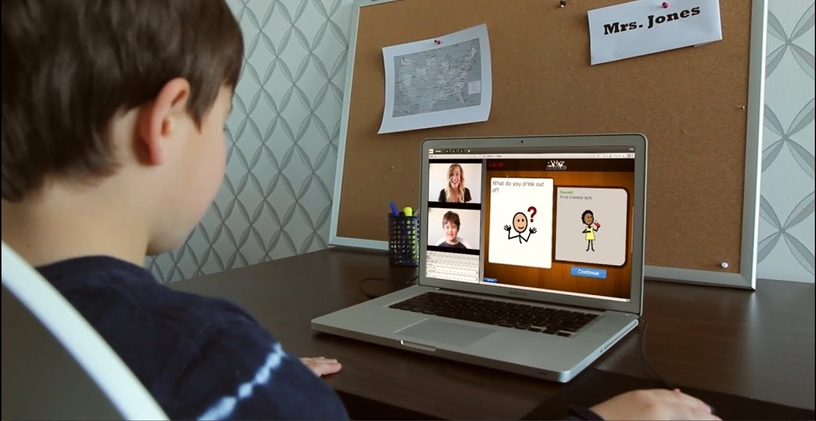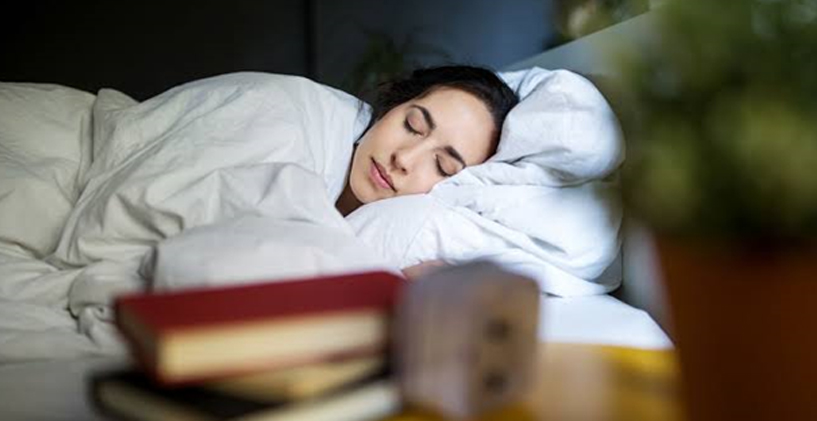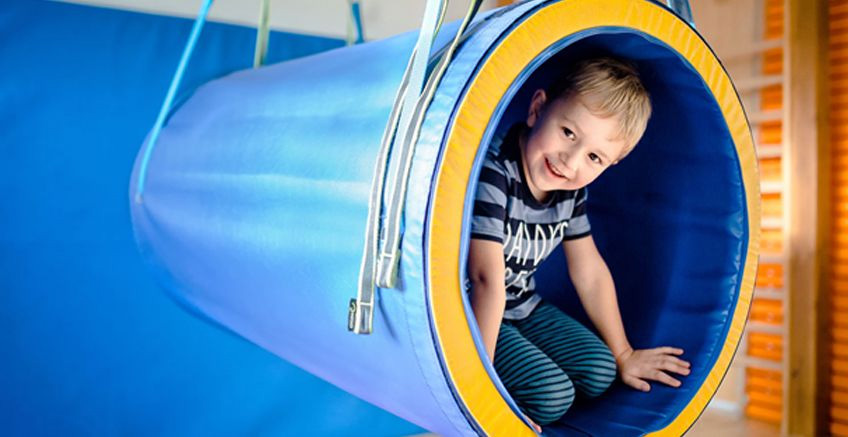Why You Should Give Your Partner the Gift of Time Apart?
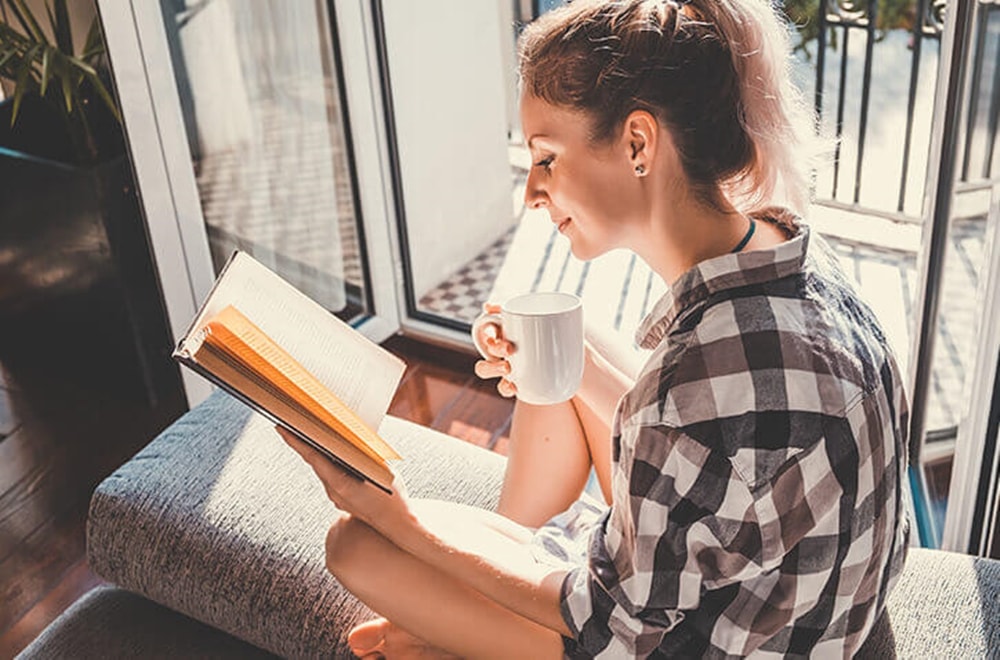
Alone time is a precious commodity for couples and families after more than a year of sheltering in place. Offer it to a loved one, and to yourself. A week before Mother’s Day, my husband and daughter asked me how I’d like to celebrate. I immediately thought: a leisurely lunch, followed by a long walk in the park … with other people.
Often, gifts to loved ones involve spending quality time together. But this year, my family has had a surplus of quality time together. “Today is your day,” my daughter announced on Sunday morning. So after I gobbled up my pancakes and strawberries in bed, and wiped away a tear while reading her homemade card, I heeded her words … and left my family in the dust.
I hustled off to meet two friends — whom I hadn’t seen for over a year — at an outdoor café for lunch. We dawdled over mocktails. We made stupid jokes. We walked in the park. It was one of the best Mother’s Days I’ve ever had.
As we near 15 months of living with others in the equivalent of an open-plan office layout, with little control over our time and space, the best gift you can give your significant other may be free time away from the family. Because even if they do the weekly shopping solo, “mindfully” buying paper towels is not restorative “me time.”
Ariel Fulmer, a Los Angeles-based interior designer, recently had this experience. When her husband, Ned, realized how tired she was from caring for a toddler and a baby while working full time, he promptly booked her a night in a nearby hotel.
“It wasn’t even particularly nice or expensive,” she said. “Just a room with a bed and a TV.” It was all she needed. Ms. Fulmer spent the afternoon alone by the pool, reading a magazine “fully clothed,” she said. “Packing sunscreen and a swimsuit would be work, and I just wanted to leave the house and not think about anything.”
With room service suspended because of Covid, Ms. Fulmer ventured out briefly in search of food. “Then I hit the liquor store for a bottle of wine that I took back to my hotel room,” she said. “I pumped breast milk, ate takeout and watched ‘Love It or List It’ on my iPad in a big, empty bed.” After one glass of wine, she was passed out by 10 p.m. “I slept for a glorious 10 hours.”
A gift of free time can range from a night with friends to having your partner take the kids to the park on a Saturday afternoon so you can enjoy a deliciously empty house. Look for opportune windows to give alone time: If you’re taking the kids to visit your newly vaccinated parents for the weekend, does your partner really need to come along?
Robert Coplan, a professor of psychology at Carleton University in Canada, said that people who have been sheltering in place with others might not realize their irritability and stress could be tied to lack of alone time. Dr. Coplan has termed the craving for solitude while surrounded by others “aloneliness,” which he calls “the mirror image of loneliness.”
Allowing someone 24 hours of rest, or even just a few hours of undisturbed time with themselves, “can change the way they can show up for others,” said Nedra Tawwab, a therapist in Charlotte, N.C., and author of “Set Boundaries, Find Peace: A Guide to Reclaiming Yourself.” “Many parents don’t have the downtime needed to restore themselves. It’s restorative to do nothing, and to be granted the ability to do nothing is a loving act.”
Free timefor parents can extend to separate vacations, in which partners trade off staying home with the kids. Jessica Griscavage, owner of Runway Travel in McLean, Va., said she is booking more solo vacations. “Everybody needs some alone time, especially after the year we’ve had,” she said.
Trinita Brown, owner of D.C.-based travel agency Dream Vacations, is also seeing an uptick this year of spouses booking separate trips, and friends reuniting to travel. “Normally I arrange larger tours,” she said. “But now I’m seeing a newer phenomenon of smaller groups of women friends who have not seen each other, who want to be face to face, have some wine, hug each other.”
Ms. Brown mentioned that even her husband, who usually doesn’t vacation separately with friends, is considering it this year. “He has always wanted to go to Vegas with his friends during the N.C.A.A.,” she said. “He missed it last year, obviously. I told him, ‘Start planning.’”
Offering the gift of free time has multiple benefits, said clinical psychologist Jodie Eisner, who treats patients in New York and Florida. “A day of total freedom is both an opportunity to connect with your individual self, and helps foster feelings of empowerment, which is a powerful antidote to the helplessness that a lot of us have felt during the pandemic,” she said. “It expands your recently narrowed comfort zone by reminding you that you’re capable and independent.”
It’s helpful to establish a few loose rules when giving or exchanging the gift of free time, Dr. Eisner said. Offer your partner “full freedom to use their time however they want. While a gift for you might mean having the house to yourself, for your partner it may mean a day at the beach. You don’t have to understand your partner’s decisions in order to support them.”
Blocking off time should be intentional, with an agreed-upon number of hours, she added. If your loved one doesn’t want to be contacted during that time, honor that commitment. (During my lunch with friends, I told my husband: “No texts unless fire, flood or blood.”)
Free time may look different to introverts and extroverts. A person who’s introverted, suggested Susan Cain, author of “Quiet: The Power of Introverts in a World That Can’t Stop Talking,” might need more alone time because it helps them to recharge their batteries. “In general, introverts require a lot less stimulation than extroverts do to be in their ‘sweet spot,’” she said. “The poet Byron apparently said, ‘I only go out to get me a fresh appetite for being alone.’ Many introverts know just what he means.”
Free time for an extrovert, she said, often means time to catch up with friends or go out and about: “Free time for an introvert often looks a lot cozier and involves fewer people — or no people. Of course, these are broad patterns, and especially after the pandemic, plenty of introverts are also craving company.”
If you lean more toward introversion, added Dr. Coplan, communicate your needs clearly to your partner so it’s not interpreted as a problem in the relationship. “Simply state that you are someone who sometimes needs some time alone just to reset, relax, recuperate and restore,” he said.
Thien-Kim Lam, a romance novelist from the D.C. metro area, has worked out a system with her husband when he senses that she’s craving some free time.
“When he sees I’m getting overwhelmed, he’s great about telling me to go to a craft store for as long as I need,” she said. “I like to paint and draw, and just seeing all the beautiful colors and the possibilities revives me. It’s like Pinterest in real life. Sometimes I’ll say, ‘I’ll be back by dinner,’ which is my subtle way of saying, ‘You’re in charge of dinner.’”
These restorative mini-vacations, even if they’re just a few hours, are so necessary as we emerge from quarantine, You can only interact with people for so long. Needing your own space doesn’t change the fact that you love them.
References
This article was written by Jancee Dunn. You can read the original text from here.
